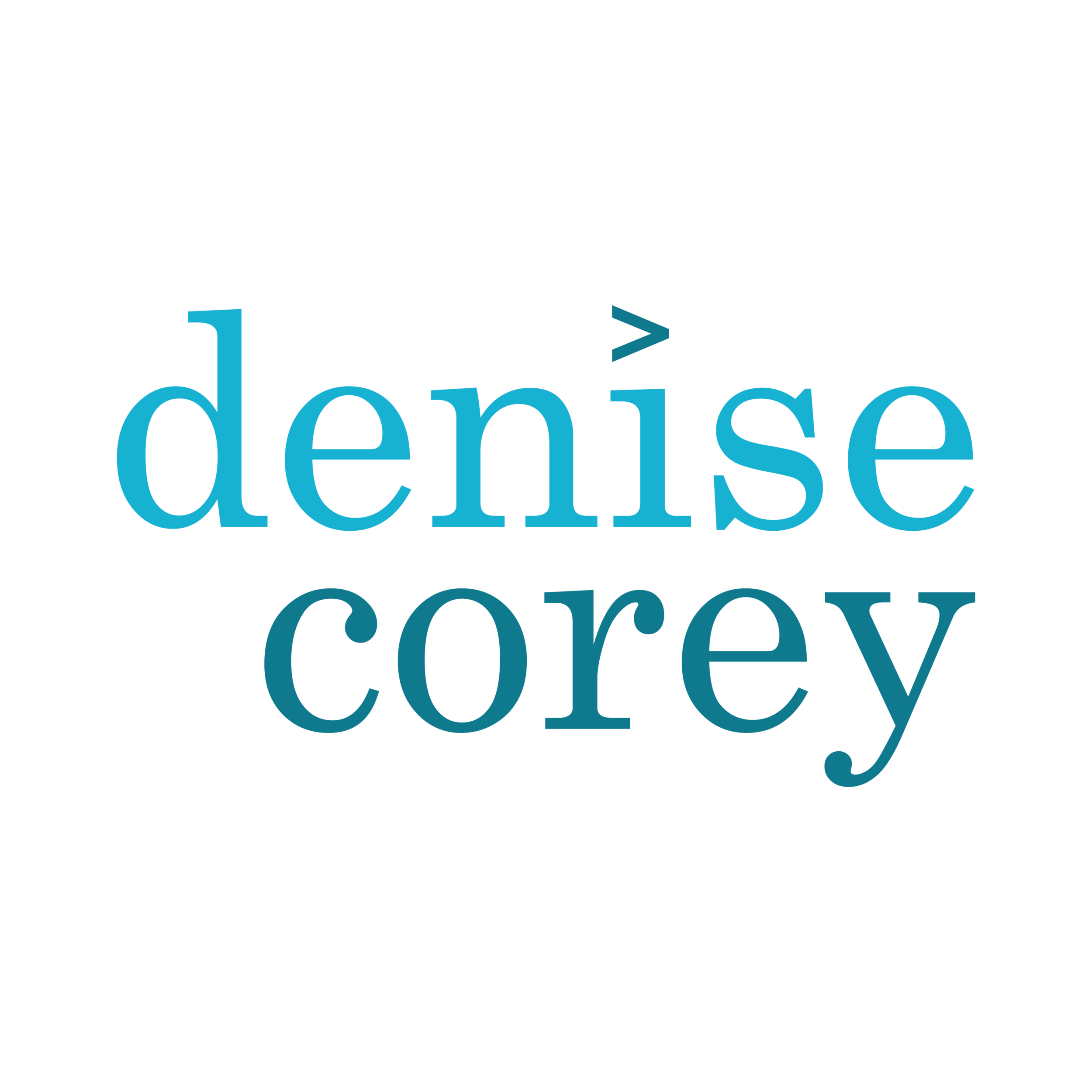Where are you? What is your starting point? Below are three resources to help you uncover what you love about your work, what is missing, and how you show up.
Take your time to go through these exercises and read the articles. This is an important first step.
What is it like at work? (The Gallup Poll)
The Gallup Company conducted ten of thousands of interviews and created a list of 12 questions that, when affirmatively answered, indicate a high degree of workplace engagement.
Take a few minutes and take the survey. The results will help you see what is going well for you at work and where you are struggling.
2. What engages and energizes you at work and outside of work?
What do you want more of? What gives you energy and engagement? The book Designing your Work Life by Bill Burnett and Dave Evans offers a simple exercise to help you capture this information.
3. What can you learn from others?
What do others see you do well? Where do you have room to grow? This takes courage, but working on this step is really important.
Harvard Business Review's article, A Simple Way to Map out Your Career Ambitions, by Marc Effron offers a thoughtful summary of the process of defining your career ambitions and provides some solid advice.
The Gallup Poll
The Gallup Company conducted ten of thousands of interviews and created a list of 12 questions that when affirmatively answered indicate a high degree of workplace engagement. Take a few minutes and answer each of these questions with either a yes or a no. The results will help you see what is going well for you at work and where you are struggling.
What stands out? What is working for you at work and what isn’t?
What are the top three things that you need—but aren’t getting at work?
Can you make some of those happen? If so, what’s keeping you from claiming what you need? Coaching can help you take those steps. Use my complimentary one hour session to help you find ways to be satisfied with your current job, even if you still want to change jobs.
What engages and energizes you at work and outside of work?
Designing your Work Life
You now have more clarity about what is missing at work. You know what you need to be more productive, effective and satisfied. But there is still more to learn!
What do you want more of? What gives your energy and engagement ?
The book Designing Your Work Life offers a simple exercise to help you capture this information.
Stop for a moment, in fact, stop at five random times each day for the next week. Notice what you are doing and then record how engaged this activity makes you and how much energy it offers, or takes away. Download the worksheet. I have found that this exercise really enlightened my clients and helped them see what energizes and engages them.
Set your phone to go off five times a day and use this worksheet to make note of your “temperature”. Record what you're doing, what time it is, where you're doing it and then measure how much energy that task gives you and how engaged you are.
You will collect important information and start to develop new insights.
Gathering Information from Others
Harvard Business Review's article, A Simple Way to Map out Your Career Ambitions, by Marc Effron offers a thoughtful summary of the process of defining your career ambitions and provides some solid advice.
Marc sites a study that argues that 70% of professional growth comes from work experience, 20% from interactions and 10% from formal education. Since the majority of your professional growth comes from work, it makes sense to really dig in and harvest from your current job as you can.
How accurate is your mirror? In his words, "We often think we’re starting far ahead of where we objectively are and that we’ve arrived when we’re still hundreds of miles from our goal." You need an accurate starting point in order to create an accurate route to your destination.
In addition, take a few moments to notice what you've learned on the job so far. Catalog your functional experiences. Catalog your management experiences. Take ten minutes and read the entire article.


